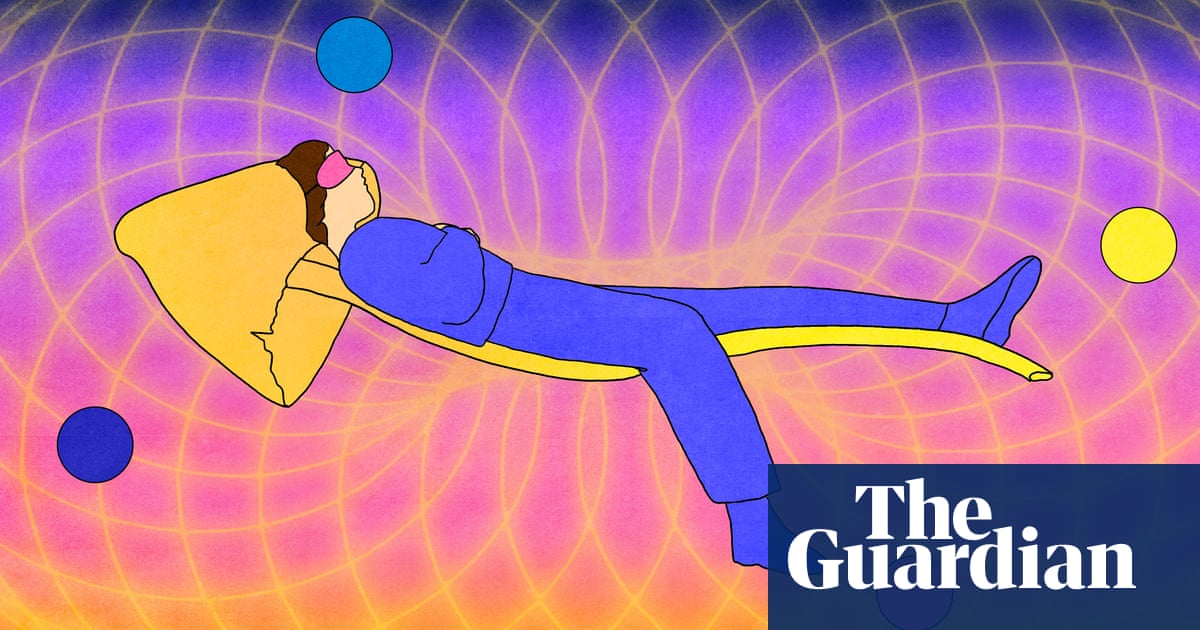He now believes psychedelics might work uniquely on people facing death. At end-of-life, psychedelics don’t help by altering self-representation, but by shifting fundamental beliefs, in some cases imbuing people with spiritual beliefs. Philosophers call this “metaphysical belief change”, and it can encompass ideas about the afterlife, spirits, consciousness or the nature of the universe.
This tracks with reports from clinical trials. In a qualitative study based on interviews with NYU study participants, half of the participants said they went to a realm that existed at the time of or after death. “It does help you accept death because you don’t feel alone. You don’t feel like you’re going to, I don’t know, go off into nothingness,” one person said.

 www.theguardian.com
www.theguardian.com
This tracks with reports from clinical trials. In a qualitative study based on interviews with NYU study participants, half of the participants said they went to a realm that existed at the time of or after death. “It does help you accept death because you don’t feel alone. You don’t feel like you’re going to, I don’t know, go off into nothingness,” one person said.

The end-of-life patients finding solace in magic mushrooms: ‘What life after life could be like’
Some with terminal cancer have said psilocybin helped them confront death. But how that happens is still unclear
